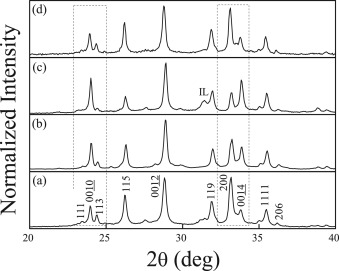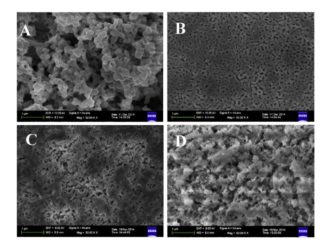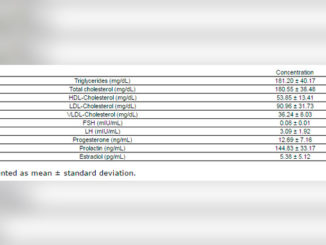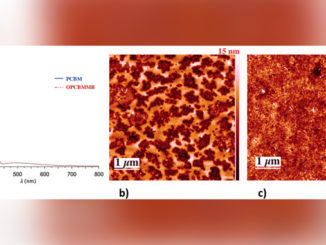
Highly dense and textured superconducting (Bi,Pb)(2)Sr2Ca2Cu3O10+delta ceramic samples processed by spark-plasma texturing
Abstract: Consolidated powders of the superconducting cuprate Bi1.65Pb0.35Sr2Ca2Cu3O10+δ(Bi-2223) by the spark-plasma texturing (SPT), spark-plasma sintering (SPS), and the traditional solid-state reaction method were investigated by several techniques and their features compared. The results show that SPT samples exhibit a higher degree of texture, as inferred by a Lotgering factor of ∼0.73 along the [00l] direction and a relative density of 96% of the theoretical value. From magnetic hysteresis loops M vs. H at 5 K, the intragranular critical current densities along two applied magnetic field orientations, Jc0c and Jc0ab, relative to the compacting pressure direction, were determined. The anisotropy factor, γJ=Jc0ab/Jc0c, yielded an estimate of ∼2 in the SPS sample and ∼19 for samples obtained via the SPT method. In the latter samples, Jc0c at 5 K is close to 1.3×108 A/cm2, a value higher than others found for the same compound. The temperature dependence of the electrical resistivity, ρ(T), analyzed within the framework of a current conduction model for granular superconductors, supports the higher degree of texture of SPT samples and indicates changes in the oxygen content when samples are subjected to a post-annealing heat treatment. All the results reveal the promising capabilities of the SPT method for improving volume density, texture, and grain boundary connectivity of superconducting Bi-2223 materials.
Author(s): Perez-Acosta, L.; Govea-Alcaide, E.; Noudem, J. G.; et al.
Ceramics International
DOI: https://doi.org/10.1016/j.ceramint.2016.05.122




